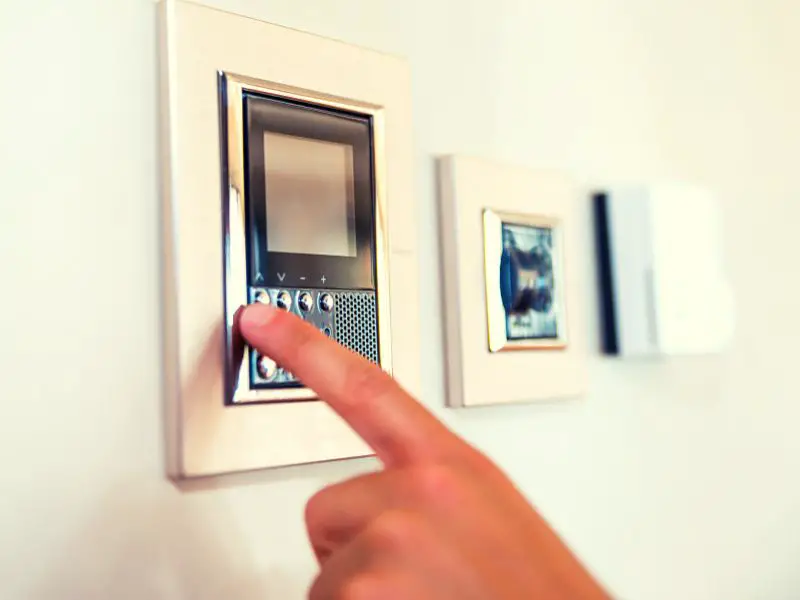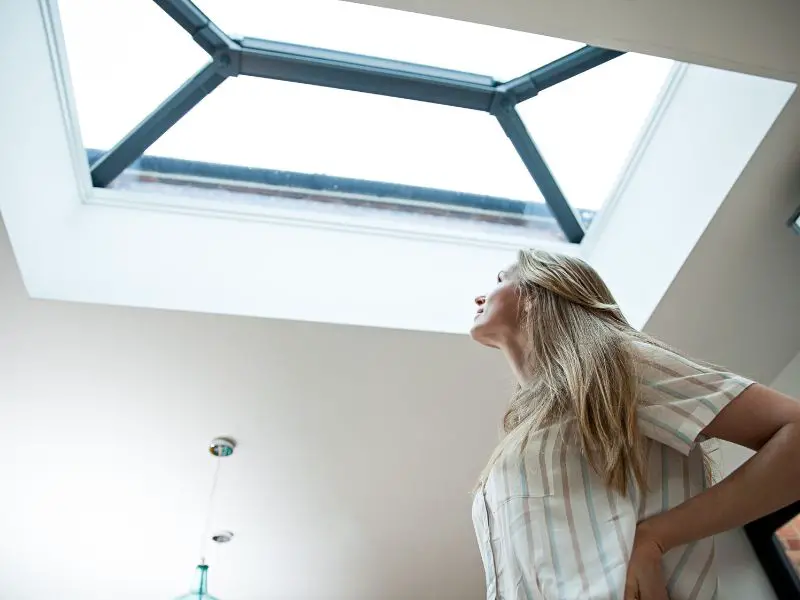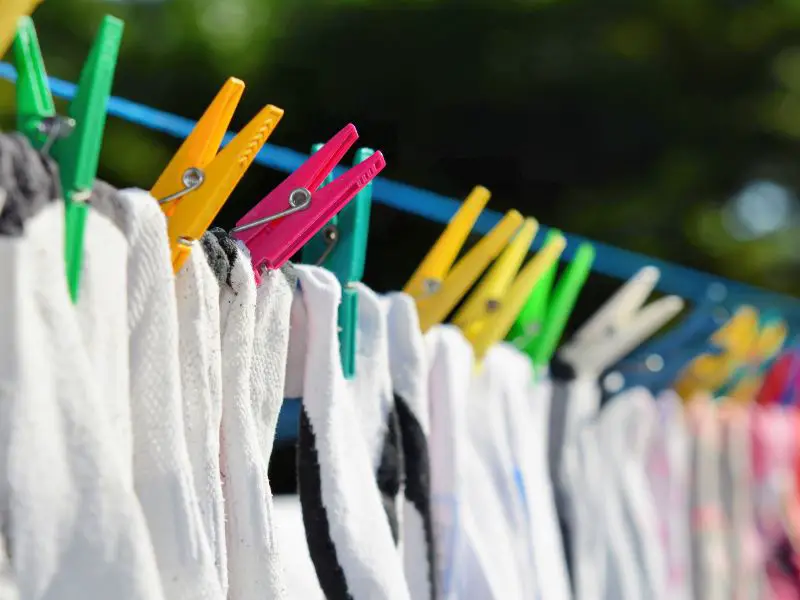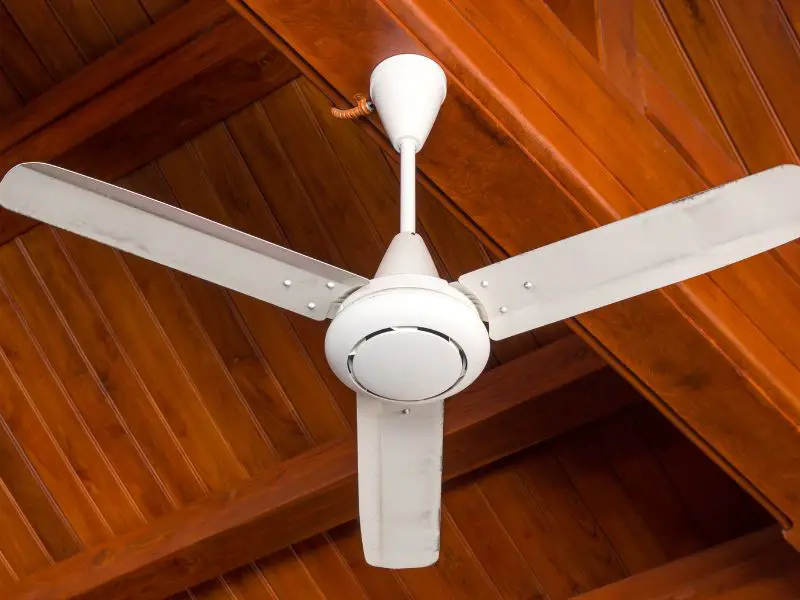You have undoubtedly seen that the cost of your gas and electric bills has increased significantly compared to the norm this year.
In fact, the EIA thinks electricity prices in the Northeast could go up $100 from last year. Prices are going up in other parts of the country as well.
With utility costs on the rise, people are looking for any way they can to save electricity consumption and money. If you can find a way to reduce your utility bills, you’ll be saving a lot of money in the long run. This article will provide some tips and tricks to save energy. But before we go on with some hacks to reduce your electric bill, let’s first look briefly at what’s causing the price of electricity to increase.

Why Is the Price of Electricity Increasing?
Following historic highs in the price of gasoline, power costs have also risen globally in recent months. This is because of the unexpected demand for gas caused by the pandemic recovery, extreme weather occurrences, and decreases in the worldwide supply of gas.
Since Russia invaded Ukraine 6 months ago, there has been an increase in output constraints in the oil and gas industries. 12% of the world’s oil supply and 17% of the natural gas supply are held by Russia.
Moreover, according to Neil Kalton, a Wells Fargo equities analyst, rising electricity rates are primarily attributable to the fact that around 40% of the power in the United States comes from natural gas power plants. Natural gas prices have also increased due to increased demand and limited supply.
Price hikes are anticipated to be most visible in regions where electricity is connected to natural gas, such as the Northeast and along the Gulf Coast. Natural gas has become the most valuable natural resource in the United States, and there is no alternative. This winter, regardless of the temperature, millions of Americans may endure greater power and heating expenditures if this trend holds.
12 Ways to Save Electricity and Money
1. Turn off the Lights
One of the easiest ways to reduce your electric bill is to cut back on your electricity. If you’re used to leaving lights on, turn them off when you leave the room. Staying in the dark for a few minutes won’t hurt, and it could save you some money on your bill.

2. Set up a Programmable or Smart Thermostat
If you have an available programmable thermostat, you may configure it to lower the temperature or turn it off while you are sleeping or gone. You may save and reduce your carbon footprint by installing a programmable thermostat without spending money on an expensive HVAC system upgrade. With a programmable thermostat, you may save your heating and cooling costs by around $180 a year. A wide variety of programmable thermostats are available that may be customized to meet your weekly routine.
3. Be Energy-Efficient
When you’re cooking food in the kitchen, make sure to turn the oven off when you’ve finished cooking. Leaving the oven on will continue to use electricity, so turn it off when you’re done. This also applies to other appliances like dishwashers and washing machines. Unplugging your devices is one way to save energy.
4. Turn off the Power Strip
If you often leave devices plugged in when you’re not using them, try using a power strip instead. This way, you can turn everything off once instead of leaving each device on individually.
5. Take Advantage of Natural Light
When lighting your home, try using natural light as much as possible. Open the blinds and curtains wide open in your home to let in natural light during the day. This small tip can go a long way in cutting down your electric bill.

6. Use Energy-Efficient Appliances
When you shop for brand-new appliances, look for energy-efficient options. A dishwasher with an Energy Star label will use less energy than a dishwasher without one. Energy-efficient appliances can also save you money on your electric bill in the long run.
7. Cold Wash When Possible, It’s Just as Good
Save the heated wash only when it’s essential. Washing clothing in cold water rather than hot is a simple approach to reducing energy use. Modern washers have all the bells and whistles to get clothing clean in cold water, and there is detergent specifically made for cold washes.
8. Dry Your Clothes and the Dishes Naturally
You may also reduce your energy use by not using a dryer and instead drying your clothing in the sun (if you live in a home that allows it). If you can’t get away from using a dryer, turn it down to a lower setting, even if it takes longer to dry.
Skip the dishwasher’s hot drying cycle and use a napkin for drying the dishes instead. Another way to reduce energy use during the dishwasher’s drying cycle is to leave the door open. Dishes may also be left to dry in the air without risking contamination.

9. Look for Air Leaks and Patch Them up to Lessen Draughts
Another simple step to take to reduce energy use is sealing air leaks. Keep an eye out for cold air coming in via cracks in the outside doors and windows, and take the necessary steps to fix or seal them. As an additional measure, you can use weather stripping to seal drafty doors and windows, decreasing heating power and lowering energy bills.
Suppose you have a heating and cooling system, whether an HVAC system or some other kind, you can reduce the time your heater or air conditioner spends running. Naturally, this leads to reduced electrical consumption.
10. Use Ceiling Fans
Ceiling fans can cool you down in the summer. If you usually leave your ceiling fans on during the summer, turn your ceiling fans off when you leave the room.

11. Install Energy Efficient Windows
Windows may account for as much as 10–25% of your annual heating expense due to energy loss. Replacing single-pane windows with double-pane alternatives may significantly reduce heat loss. In colder locations, gas-filled windows with “low-e” coatings may dramatically cut residential heating costs. In hotter climates, heat gain via windows can pose a problem. In addition to limiting heat loss, low-e coatings on windows may minimize heat gain by reflecting more light and decreasing the amount of thermal energy that enters your house.
12. Reduce Your AC Usage
If you have a central air conditioner, consider purchasing an energy-efficient model. Energy-efficient air conditioners use less energy to cool your home, so you’ll spend less on your electric bill. Also, keep your AC at a reasonable temperature during the summer. Higher temperatures can increase your electric bill.
Author’s Note
Electricity is sadly one of the top contributors to climate change, so saving electricity should be a top priority for everyone. We hope these tips aid you in reducing your energy consumption, as well as help you save money in the long haul.
Enjoy your life to the fullest with these eco-friendly tips below:


2 thoughts on “Discover the Top 12 Best Ways to Save Electricity and Lower Your Energy Bills”